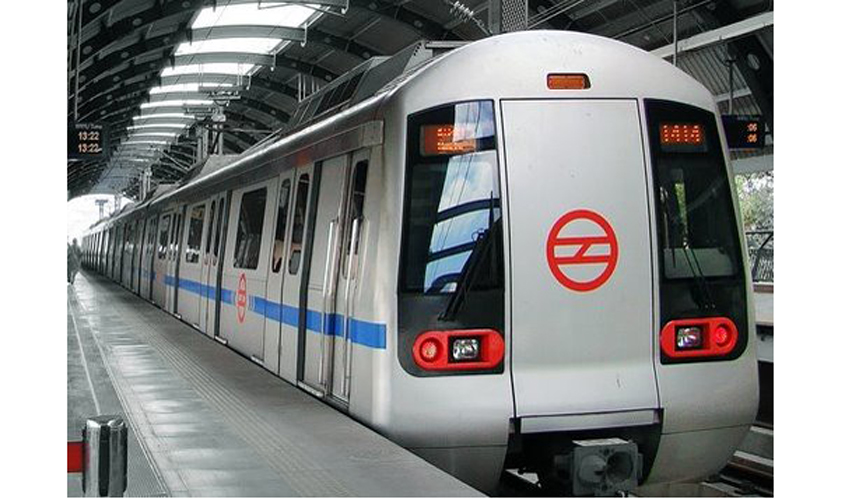The Delhi Metro’s recent increase in fares does not seem to have affected its ridership much, with only a marginal drop recorded in the number of riders since the revision in fares.
In the week preceding 10 May when the fares on all its routes were revised, the Delhi Metro had carried nearly 28 lakh passengers on an average, according to the Delhi Metro Rail Corporation (DMRC). In the week following the hike in fares, the Delhi Metro carried nearly 27 lakh passengers.
However, the DMRC said that it would be wrong to attribute the difference in ridership to the fare hike as there were weekends and a holiday in between the fare hike period.
“It is too early to judge whether there has been a significant change in the number of riders after the revision in fares because on an average, we carry 27 lakh passengers in a week and that seems to have remained intact. However, the exact figures following the revision in fares are yet to be compiled and therefore, it is difficult to judge whether there has been any change in the number of riders. Our major traffic is on Mondays. During the weekends, the traffic gets thinner; so unless we compile comparative data, it is difficult to say anything,” a Delhi Metro spokesperson told The Sunday Guardian.
The Delhi Metro revised fares on all its routes from 10 May this year after almost seven years, as the last fare revision happened in 2009. The revision in fares has been rolled out in two phases. In Phase I, the fares would range between Rs 10 and Rs 50, while during the second phase beginning from October this year, the fares would range between Rs 10 and Rs 60, depending upon the distance travelled.
Metro officials have said that the revision in fares at this point had become necessary as the cost of running the Metro network had been increasing manifold. “The cost of manpower had increased along with the cost of maintenance. Power tariffs have also increased over the years and it was becoming difficult to sustain the Metro. The Delhi Metro is spending almost Rs 84 for every Rs 100 earned, while the rest of the money is being used to pay back loans. If this hike hadn’t happened, Delhi Metro would have had to spend Rs 114 for every Rs 100 earned, thereby incurring losses,” the Delhi Metro spokesperson said.
According to data received from the Delhi Metro Rail Corporation (DMRC), the cost of energy has gone up by 123% since 2009, while the cost of staff has increased from Rs 1.17 crore per km to Rs 2.39 crore per km. The cost of repair and maintenance has also gone up by as much as 161% since 2009.
The spokesperson added that the Delhi Metro is one of the only bodies that does not function with any kind of government subsidy; therefore, to keep the Metro running smoothly and efficiently, it needs to generate revenue.

